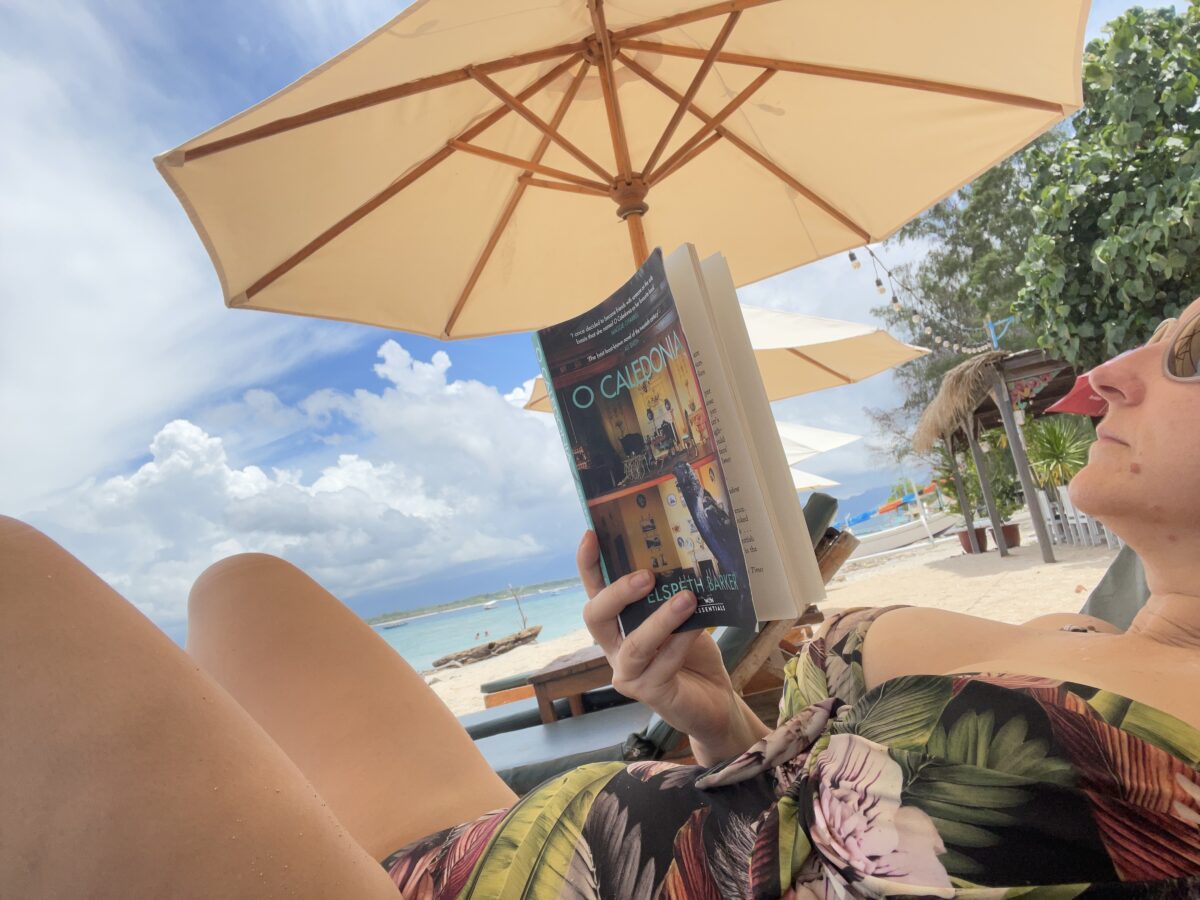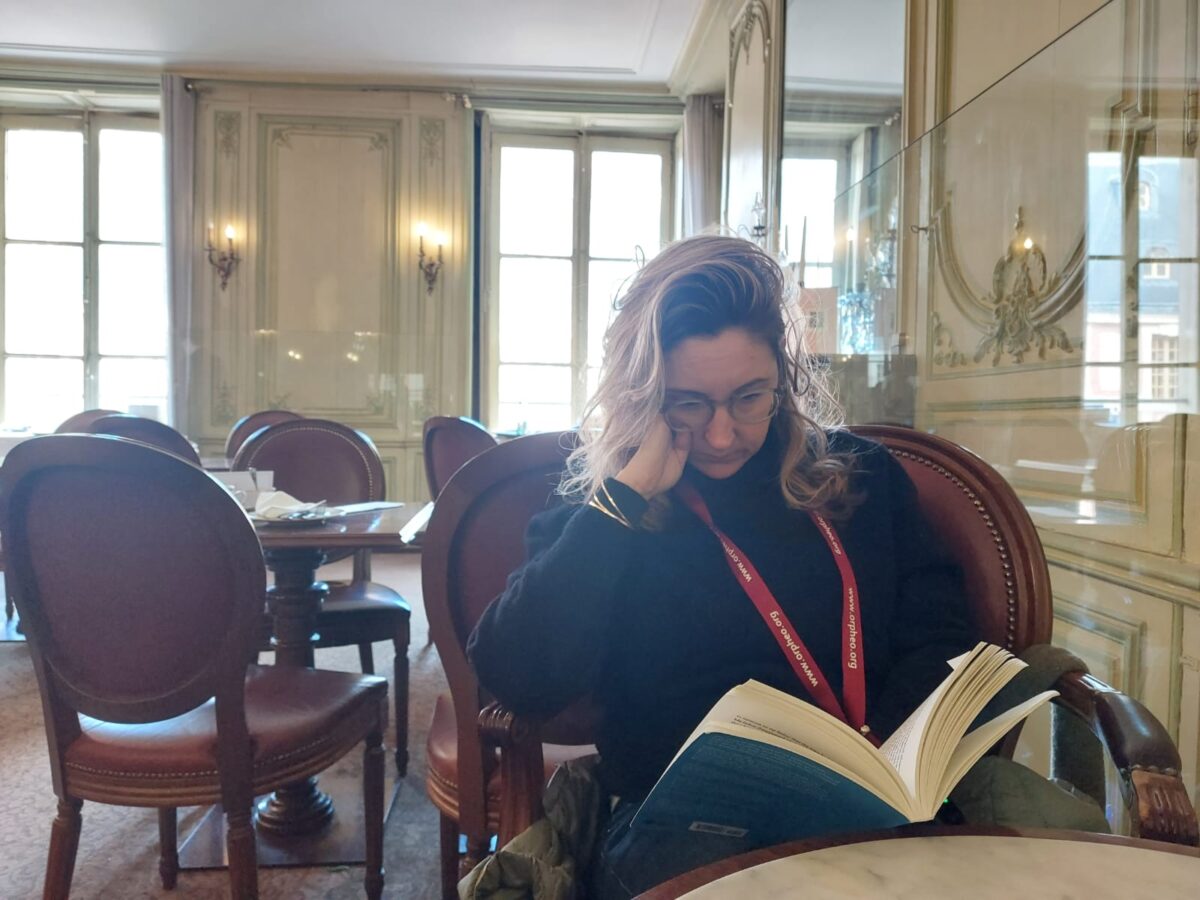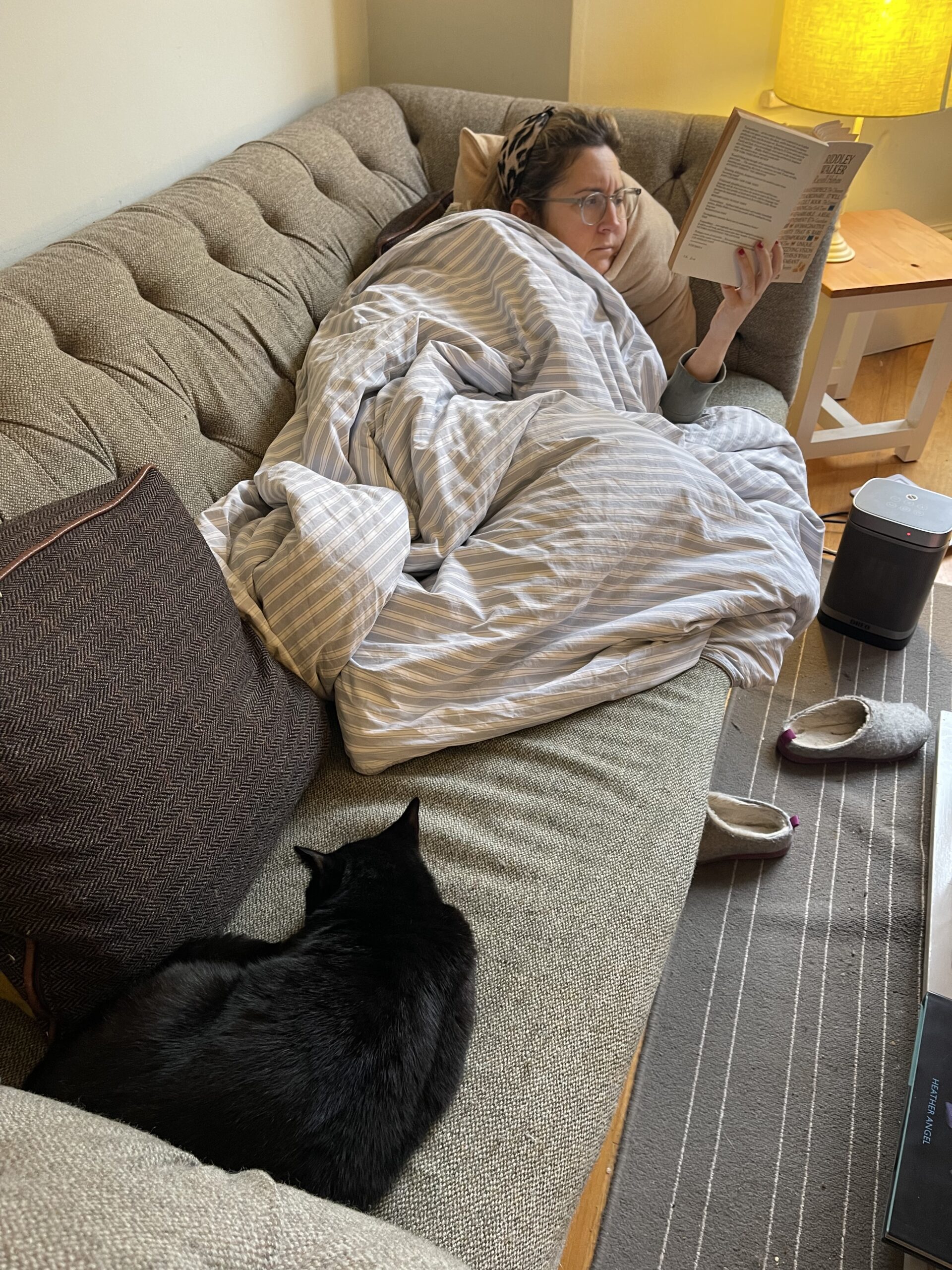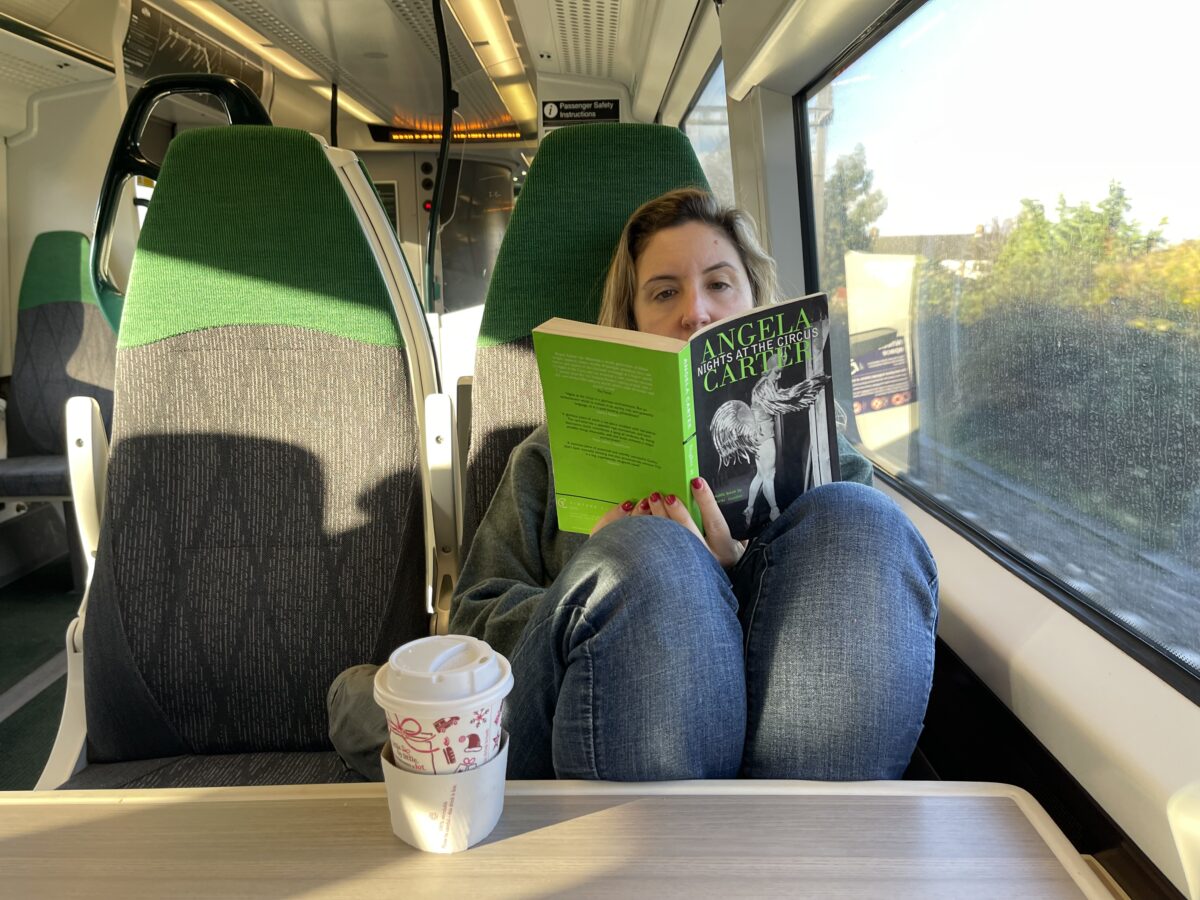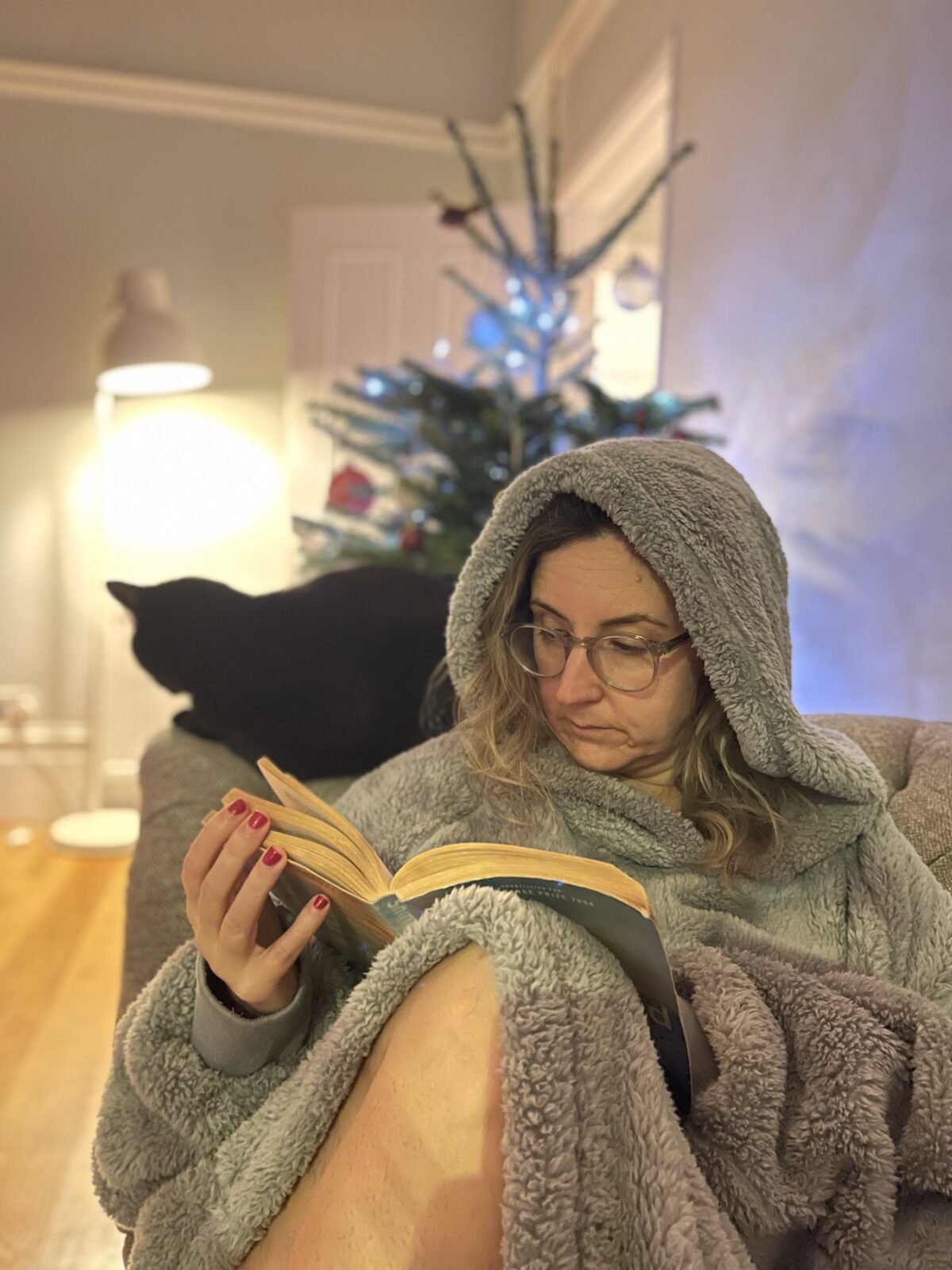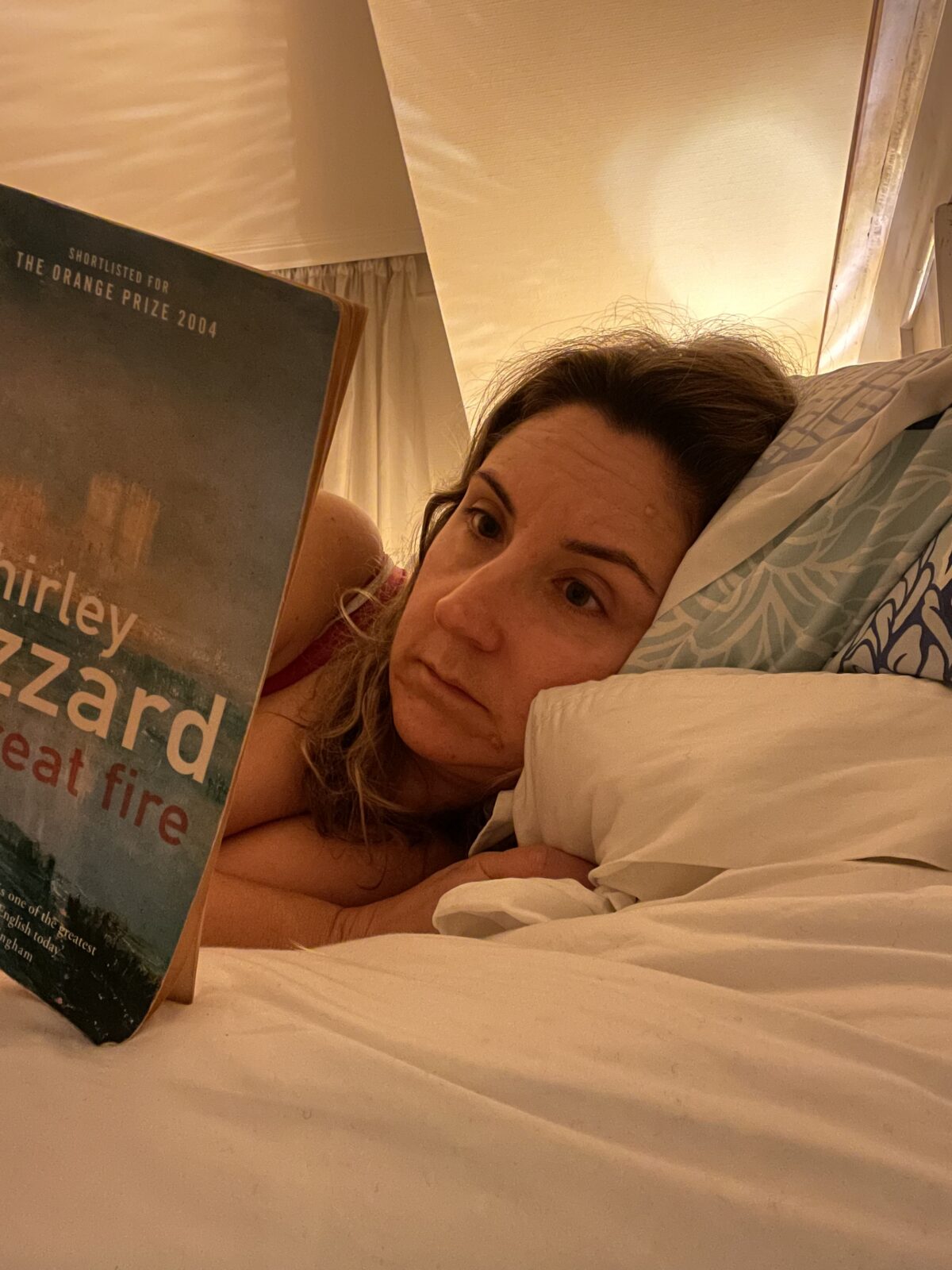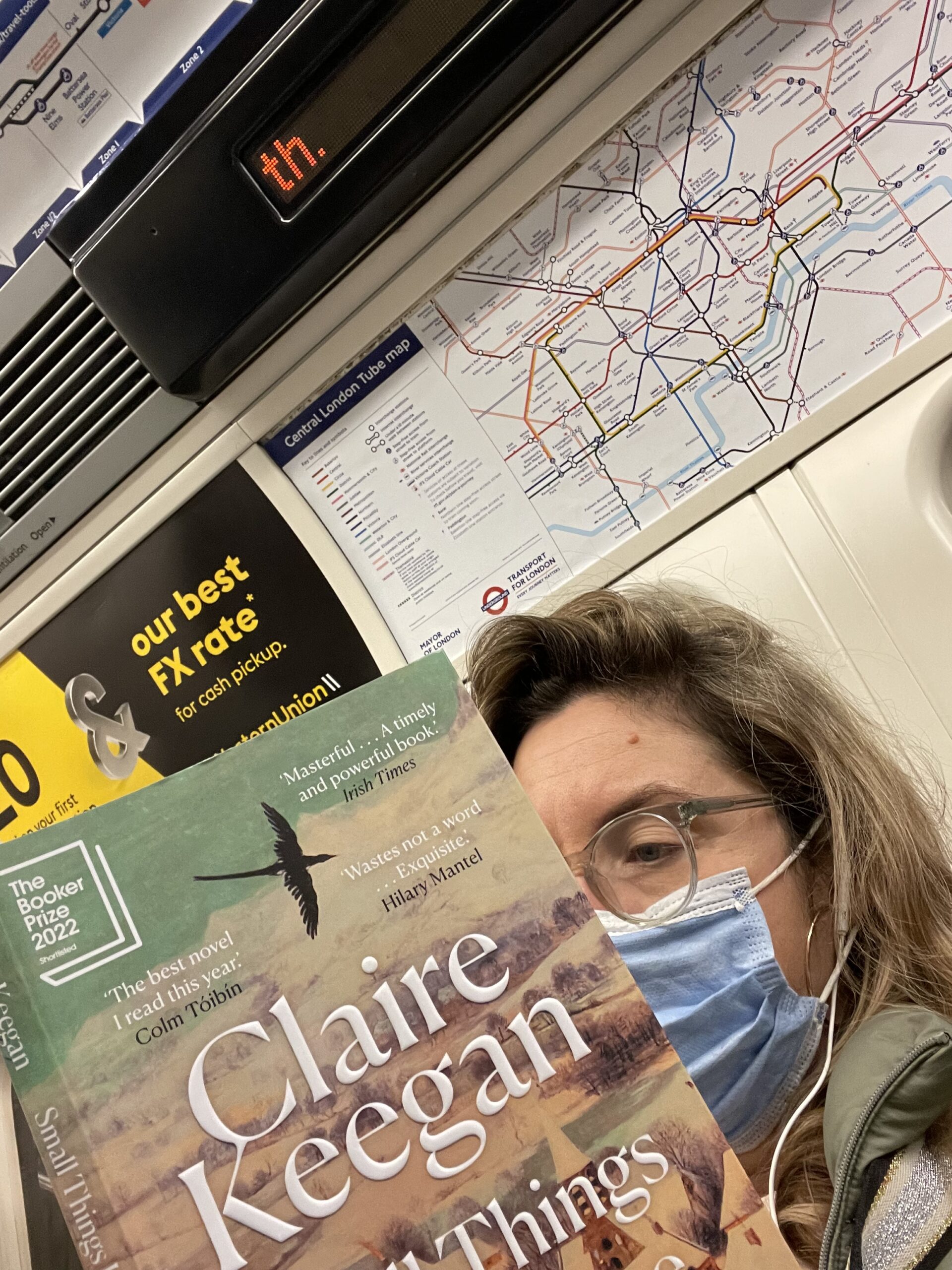I read this book in a single day. It is the story of a relationship that begins badly and ends worse. This young Irish woman feels lost in her life and is drinking too much. What makes her feel whole and special is “love,” and she duly falls in love, or maybe something worse than that, with a guy called Ciaran.
She gets pretty crazy, though to be fair he does ask for it. After they have been sleeping together for like 6 months he give her a gift and and a piece of paper on which he writes that she is beautiful and he loves her. Then he just does not contact her for a week (!), and when after multiple missed calls she threatens to come over, he tells her it is over. That’s it! No explanation. I challenge anyone to not lose their mind over that. In any case they do end up getting back together because she basically eliminates all aspects of her self and becomes a receptacle for what she imagines he wants. This is a glib sort of summary, and she struggles over how to explain what she is doing:
I hate to write (her explanations), to put my facts in the hands of people who will sneer and feel annoyed by their tawdry debasement.
I can’t lie, she is debasing herself. I felt for her. It is pretty bad. She goes home to the countryside:
When I go home to Waterford to try to even out and reconnect with myself and my past, people seem to be dying all the time all around me, and I argue with my parents about my reluctance to engage with them. I don’t want to hear about the illnesses and tragedies, and am amazed by their ability to keep attending funeral after funeral.
Somehow this wakes her up. Eventually she starts cheating on him a lot, asking creepy men to be rough with her. When Ciaran finds out he is pretty rough with her too. She runs away to Greece where she – not totally believably – finds some ability to be on her own. Mostly, this last part made me angry about Brexit. These old people and their conservative enablers have made it impossible for me to go to Athens to sort out my man issues!


